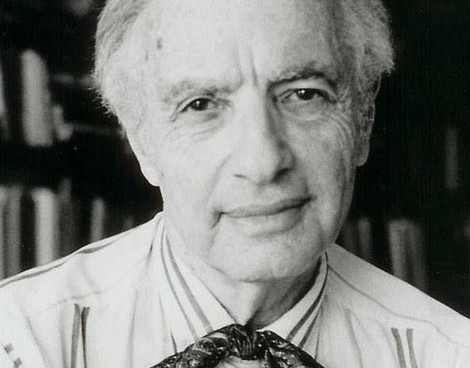Your podcast discovery platform
Curious minds select the most fascinating podcasts from around the world. Discover hand-piqd audio recommendations on your favorite topics.

piqer for: Climate and Environment Global finds Globalization and politics
I'm a freelance journalist, currently based in Madrid. I used to be a News Producer at CNBC in London before, but I thought a little bit more sun might do me good. Now I write for several news organizations, covering a range of topics, from Spanish politics and human rights for Deutsche Welle to climate change for La Marea.
This Is Your Brain On Climate Change
As a journalist, I believe climate change is the greatest story of this century. Possibly more than that. Writing about it is exhilarating and gives those who do it a great sense of mission. However, sometimes it's frustrating to be a climate change reporter.
I'm lucky to be one of those, and I do it to change the world, in quite a literal way. I look for evidence of the rising temperature, how it will affect us, what is causing it and how can we stop it. Climate change will definitely change the world, one way or the other, and, for many, it's a matter of life and death.
So why do people keep sidelining this debate?
Enter psychiatrist Robert Jay Lifton. This 91-year-old doctor has studied trauma caused by some of the "darkest issues" of the 20th century, from nuclear weapons to the Holocaust, and has now set his eyes on climate change. This is the first time I recommend an interview at Piqd, but this one deserves it, because Lifton's concept of "swerve" can be used as an anchor for those concerned about global warming.
According to the psychiatrist, we are living through a "swerve", a time of increasing recognition of the catastrophic implications of climate change. This resonates with the complex system idea I talked about in the past. The swerve is erratic and unpredictable.
The inputs and outputs of climate change are not always clearly interrelated, and integrating them in a narrative is not easy. Lifton calls this integrated discourse "formed awareness", as opposed to "fragmented awareness".
Behind this swerve, says Lifton, there is mainly an economic drive. People are seeing that industries such as coal are not efficient, and look more and more as something to leave behind. Behind the economy there are two additional engines: ethics and independence.
The interview also touches on the Trump administration, and why the president keeps rejecting science, why geoengineering is not the solution and more.
In brief, an excellent interview that shines with new hope for all of us.
